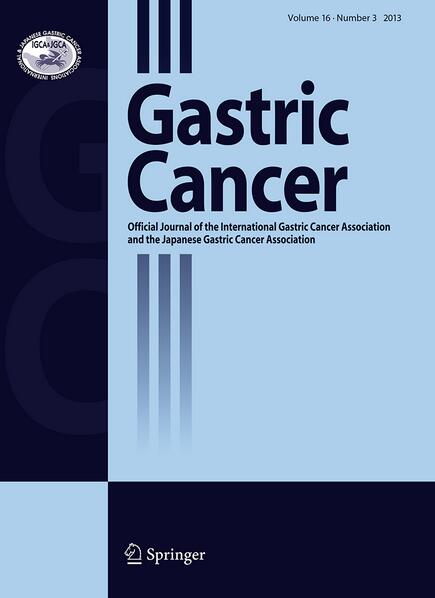考克斯比例危险度模型的局限性以及近代复发研究中的替代方法
IF 6
1区 医学
Q1 GASTROENTEROLOGY & HEPATOLOGY
引用次数: 0
摘要
Shin 等人的文章就胃黏膜相关胃微生物组(MAM)与远期复发之间的相关性提供了有价值的见解。然而,他们在分析中使用的 Cox 比例危险模型存在一些局限性。该研究可能会导致混合普查结果,而且随着时间推移危险比恒定的假设可能不成立。考虑到这些局限性,未来的研究应采用其他方法,如加速衰竭时间(AFT)模型,以更全面地了解胃癌 MAM 与远期复发之间的关系。本文章由计算机程序翻译,如有差异,请以英文原文为准。
Limitations of the cox proportional hazards model and alternative approaches in metachronous recurrence research
The article by Shin et al. provides valuable insights into the correlation between the gastric mucosa-associated gastric microbiome (MAM) and metachronous recurrence. However, the use of the Cox proportional hazards model in their analysis presents several limitations. The study may result in mixed censoring outcomes, and the assumption of constant hazard ratios over time may not hold. Considering these limitations, future research should adopt alternative approaches, such as the accelerated failure time (AFT) model, to provide a more comprehensive understanding of the relationship between gastric MAM and metachronous recurrence.
求助全文
通过发布文献求助,成功后即可免费获取论文全文。
去求助
来源期刊

Gastric Cancer
医学-胃肠肝病学
CiteScore
14.70
自引率
2.70%
发文量
80
审稿时长
6-12 weeks
期刊介绍:
Gastric Cancer is an esteemed global forum that focuses on various aspects of gastric cancer research, treatment, and biology worldwide.
The journal promotes a diverse range of content, including original articles, case reports, short communications, and technical notes. It also welcomes Letters to the Editor discussing published articles or sharing viewpoints on gastric cancer topics.
Review articles are predominantly sought after by the Editor, ensuring comprehensive coverage of the field.
With a dedicated and knowledgeable editorial team, the journal is committed to providing exceptional support and ensuring high levels of author satisfaction. In fact, over 90% of published authors have expressed their intent to publish again in our esteemed journal.
 求助内容:
求助内容: 应助结果提醒方式:
应助结果提醒方式:


